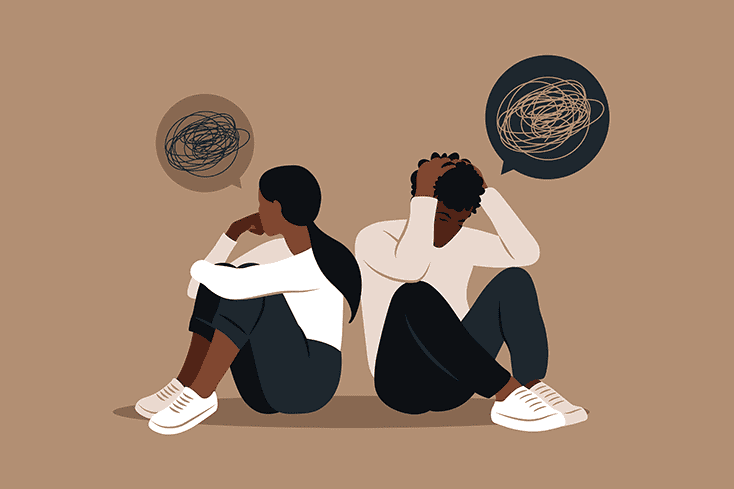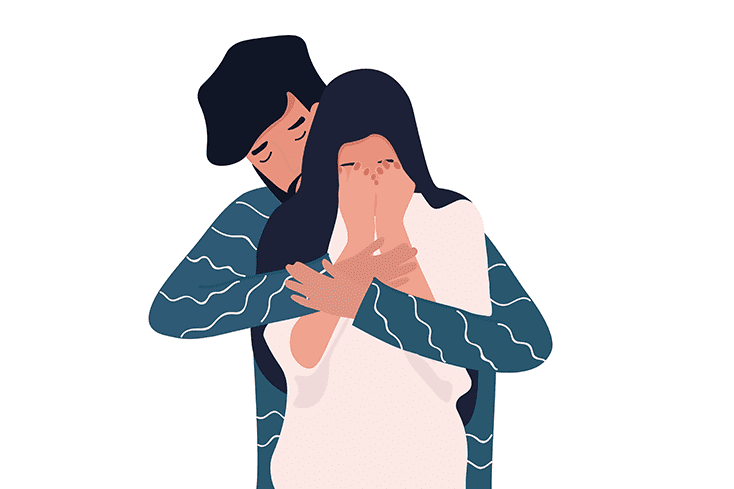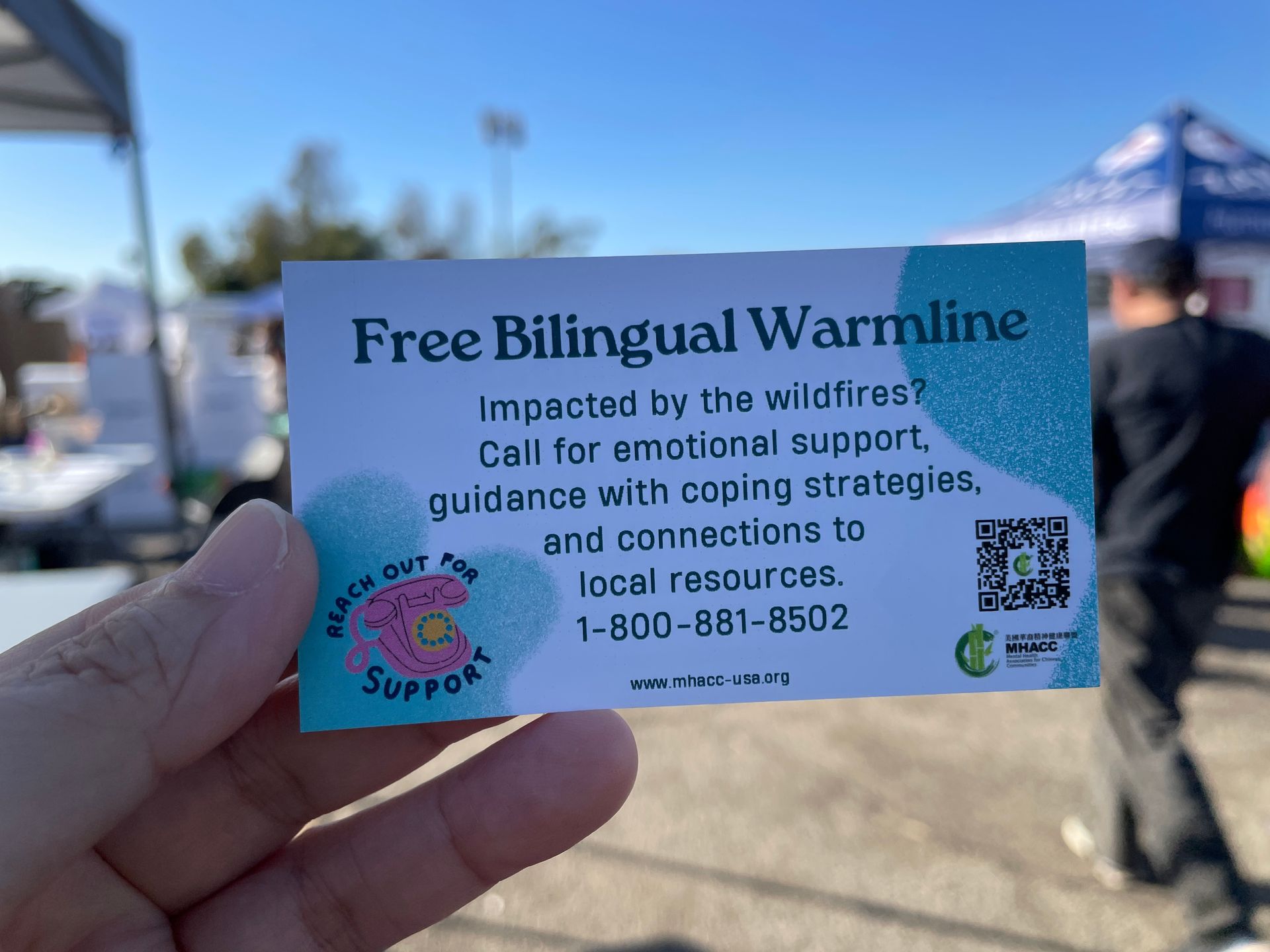了解加州和美國的心理健康隱私法律/Understanding California and US Mental Health Privacy Laws
Scroll Down for an English version of this article ⬇️
隨著對心理健康問題的關注日益增加,了解相關法律保護尤其重要。 這篇文章旨在為心理健康患者及其家人提供關於加州和美國醫療及心理健康資訊隱私保護法律的關鍵資訊。
健康資訊的保護
健康保險攜帶與責任法案(HIPAA)
HIPAA 是美國的一項聯邦法律,旨在保護個人的醫療資訊。 此法律要求醫療保健提供者保護患者健康資訊的隱私,並規定醫療資訊的使用和揭露條件。 重要的是,HIPAA 保障病患取得並更正其醫療記錄中的錯誤或不完整資訊的權利。
加州醫療資訊保密法(CMIA)
CMIA 是加州的法律,進一步增強了 HIPAA 的聯邦保護。 它禁止未經授權的醫療資訊揭露,同時定義了廣泛的「醫療資訊」範疇,允許個人對因疏忽洩露機密資訊的實體採取法律行動。
患者權利
加州病患在其醫療記錄方面享有多項權利,包括查詢誰存取了他們的個人健康資訊的權利,以及對健康隱私法違規的投訴權利。
就業中的保護
美國殘疾人法案(ADA)
ADA 是一項重要的聯邦法律,旨在保護殘疾人(包括精神健康問題人士)在就業、公共服務、公共住宿和電信方面免受歧視。 它確保有心理健康問題的個人在就業過程中不受歧視,包括招聘、晉升、工作分配、解僱和其他與就業相關的活動。 雇主也必須為身心障礙員工提供合理的便利,包括心理健康狀況,以履行基本的工作職能。
美國平等就業機會委員會(EEOC)
平等就業機會委員會是一個聯邦機構,負責執行 ADA 和其他禁止工作場所歧視的法律。 它提供指導和監督,以確保雇主遵守禁止基於殘疾(包括心理健康狀況)的歧視的法律。
雇主的責任和限制
根據 ADA 和 EEOC 指南,處理有心理健康問題的員工或求職者的雇主有特定的責任和限制:
評估能力,而不是健康狀況:雇主可以詢問候選人履行基本工作職能的能力,但不應直接詢問他們的心理健康狀況。
提供合理的住宿:如果員工因心理健康狀況需要特殊安排或支持,雇主應提供必要的工作調整。
維護員工隱私:與員工健康狀況相關的所有資訊均應保密。
避免歧視和偏見:雇主不得根據僱員的心理健康狀況做出歧視性的僱用決定。
如何尋求協助
如果您認為自己因心理健康狀況在工作中受到歧視,可以聯絡 EEOC 提出申訴。 EEOC 將進行調查,並在必要時提供法律救濟。
重要链接
- 健康保险携带与责任法案(HIPAA)www.hhs.gov/hipaa
- 加州医疗信息保密法(CMIA)oag.ca.gov
- 美国残疾人法案(ADA)信息 www.ada.gov
- 美国平等就业机会委员会(EEOC)官方网站 www.eeoc.gov
Understanding California and US Mental Health Privacy Laws
As society's awareness of mental health issues deepens, understanding the relevant legal protections becomes increasingly important. This article aims to provide key information on California and US laws concerning the privacy of medical and mental health information for individuals with mental health concerns and their families.
Protection of Health Information
Health Insurance Portability and Accountability Act (HIPAA)
HIPAA is a crucial federal law in the US that sets standards for the protection of certain identifiable health information. This law mandates that healthcare providers who transmit health information electronically must safeguard patient privacy. It also regulates the use and disclosure of medical information, including requiring healthcare providers to accommodate patients' requests to access or correct their medical records.
California Confidentiality of Medical Information Act (CMIA)
The CMIA is a law in California that bolsters the federal protections provided by HIPAA. It prohibits healthcare providers, healthcare service plans, or contractors from disclosing medical information without authorization, except in specific circumstances. The law broadly defines "medical information" to include personally identifiable information held by healthcare providers or plans and allows individuals to take legal action against entities that negligently release confidential information.
Patient Rights
Patients in California have several rights regarding their medical records. These include the right to be informed about who has accessed their personal health information, the right to request and obtain copies of their medical records, and the right to file complaints about potential violations of health privacy laws.
Protection in Employment
Americans with Disabilities Act (ADA)
The ADA is a significant federal law designed to protect individuals with disabilities, including mental health conditions, from discrimination in employment, public services, public accommodations, and telecommunications. It ensures that individuals with mental health issues are not discriminated against in the employment process, including hiring, promotions, job assignments, termination, and other employment-related activities. Employers are also required to make reasonable accommodations for employees with disabilities, including mental health conditions, to perform essential job functions.
Equal Employment Opportunity Commission (EEOC)
The EEOC is a federal agency responsible for enforcing ADA and other laws prohibiting discrimination in the workplace. It provides guidance and oversight to ensure that employers comply with laws prohibiting discrimination based on disability, including mental health conditions.
Employer Responsibilities and Limitations
Under the ADA and EEOC guidelines, employers handling employees or job applicants with mental health issues have specific responsibilities and limitations:
- Evaluating Ability, Not Health Status: Employers may inquire about a candidate's ability to perform essential job functions but should not directly inquire about their mental health status.
- Providing Reasonable Accommodations: Employers should provide necessary work adjustments if an employee requires special arrangements or support due to a mental health condition.
- Maintaining Employee Privacy: All information related to an employee's health condition should be kept confidential.
- Avoiding Discrimination and Bias: Employers must not make discriminatory employment decisions based on an employee's mental health status.
Seeking Assistance
If you believe you have faced discrimination in the workplace due to a mental health condition, you can contact the EEOC to file a complaint. The EEOC investigates these complaints and provides legal remedies when necessary.
Important Links and Resources
- HIPAA Official Website www.hhs.gov/hipaa
- California Confidentiality of Medical Information Act (CMIA) Information oag.ca.gov
- Americans with Disabilities Act (ADA) Information www.ada.gov
- Equal Employment Opportunity Commission (EEOC) Official Website www.eeoc.gov

Contact info:
1-800-881-8502
info@mhacc-usa.org
Mailing Address:
3160 Castro Valley Blvd., Ste 210,
Mailbox # 15
Castro Valley CA 94546
Our Offices:
Castro Valley:
3160 Castro Valley Blvd, Suite 210
Castro Valley, CA 94546
Oakland:
388 9TH St Suite 208
Oakland, CA 94607
Fremont:
3100 Capitol Ave., Suite E
Fremont, CA 94538
San Fransisco:
835 Clay Street Suite 103 (2nd floor)
SF Chinatown, CA 94108
Subscribe to our newsletter
Contact Us
We will get back to you as soon as possible
Please try again later
我們 (MHACC) 提供
心理暖線、支持小組、AI手機應用、教育講座與工作坊,所有服務免費並提供國語、粵語和英語,致力於消除精神健康污名,促進康復與希望。
We (MHACC) provide a
mental health warmline,
support groups,
AI-powered apps, and
educational workshops, all services are free and available in Mandarin, Cantonese, and English, dedicated to breaking mental health stigma and fostering hope and recovery.











